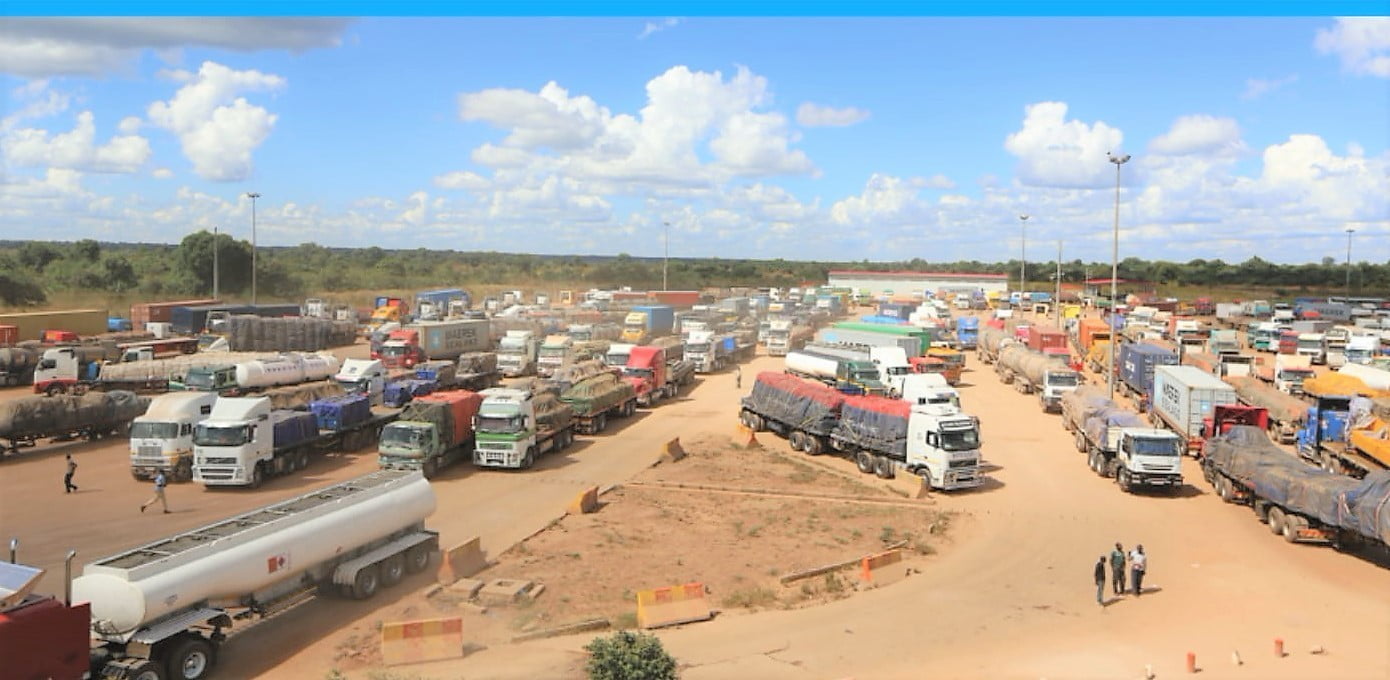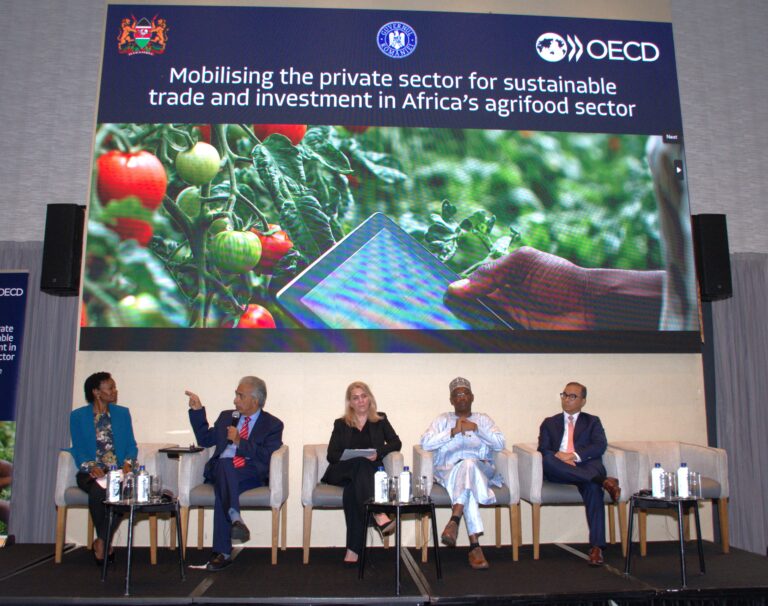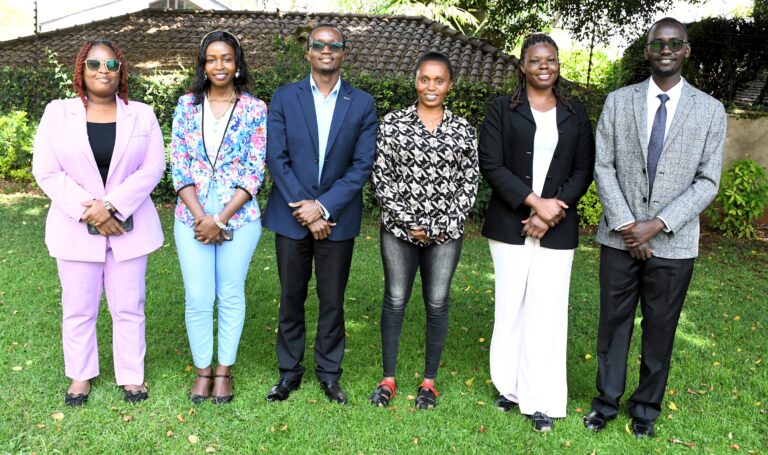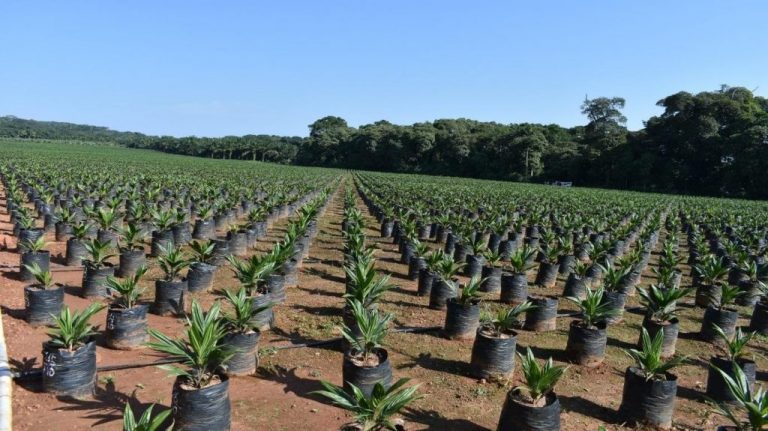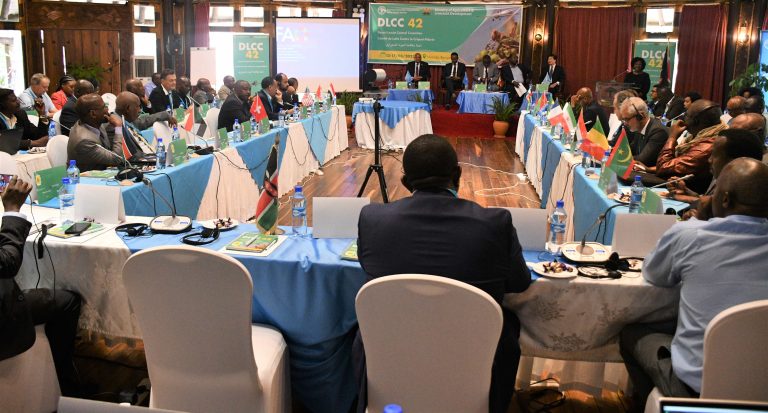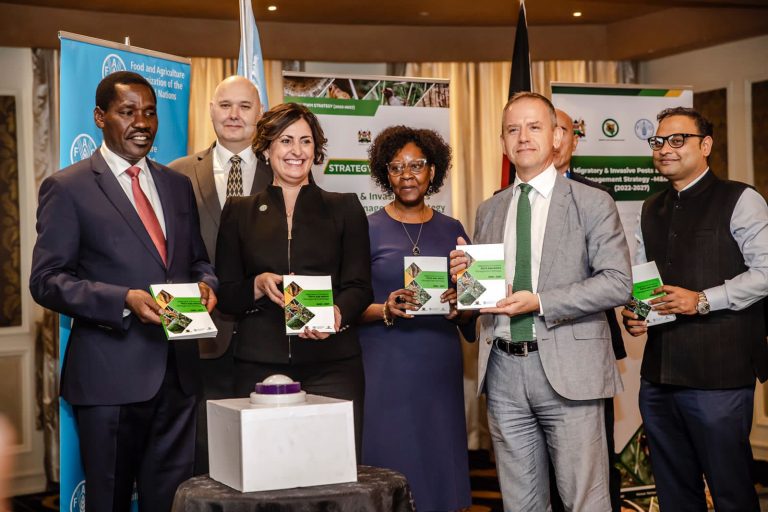The Assistant Director-General of the Food and Agriculture Organization (FAO) and Regional Representative for Africa Abebe Haile-Gabriel have stated that concrete steps are needed to help implement the African Continental Free Trade Area (AfCFTA) in the face of rising hunger levels. They were addressing a virtual session of the just concluded African Green Revolution Forum.
The AfCFTA was agreed by African countries in 2018 and would see trade barriers lifted to encourage regional and international trade, boost incomes and ultimately reduce poverty and hunger.
Africa has the highest prevalence of undernourishment – more than twice the global average – and the fastest growth in the number of hungry people compared to other regions, Haile-Gabriel told the session. The continent is significantly off track to meet the food security and nutrition targets under both the Sustainable Development Goals and the Malabo Declaration, he stressed.
“Business is continuing to be done as usual, and by doing so we know we will not be able to achieve the targets,” Haile-Gabriel said.
The Regional Representative set out opportunities to be exploited to fast-track regulatory and structural reforms in the face of increasing food security:
- Country and local level actions are needed to underpin continental frameworks, such as the AfCFTA, for them to be strongly anchored in and reinforced by country actions, and there must be clear value propositions for countries;
- Opportunities for innovation, including digitalization, must be harnessed for competitive and sustainable food systems; and
- Real leadership commitment is needed as well as a mechanism to demonstrate leadership through actions and results.
He praised the example of the African Union in bringing together African Ministers of Agriculture, Trade and Finance to deliberate on concrete actions to prevent the COVID-19 health crisis from becoming a food crisis.
Harry Hagan, from the UK’s Foreign and Comm Development Office (former DFID), echoed Haile-Gabriel on the need for real action at country level. “As we think about the potential of the AfCFTA we need to remember that work is needed in the area of non-tarrif barriers to trade across the continent to make the AfCFTA successful,” he said.
The World Bank’s Holger Kray, Practice Manager for Agriculture and Food Security, said the free trade area agreement had increased the appetite and political momentum for policy reforms. He also said a recent World Bank report had found that the AfCFTA would produce US$450 billion in economic gains by 2035, and a US$560 billion increase in African exports. He said benefits would include wage gains, in particular for women and unskilled workers, and a reduction in extreme poverty.
FAO’s Regional Representative concluded his intervention by emphasizing the need for an agri-food systems transformation to provide adequate nutritious food for a growing population in a sustainable way. Such a transformation would need to be driven by a food system approach, across stakeholders and sectors. He stressed the importance of building resilience to address vulnerability to shocks, and said that innovation and digitalization opportunities must be seized.
He also mentioned FAO’s Hand-in-Hand Initiative, an evidence-based country-led and country-owned initiative to accelerate agricultural transformation and sustainable rural development to eradicate poverty and end hunger and malnutrition.
Other speakers at the session included Thomas Kehoe, Deputy Director Africa Agriculture at the Bill & Melinda Gates Foundation, who said Africa can’t reach its full potential without implementing the AfCFTA which would remove barriers facing small-scale farmers.
Ted McKinney, the United States Under Secretary of Agriculture for Trade and Foreign Agricultural Affairs, also expressed support for the AfCFTA and said the US was “doubling, tripling and quadrupling down” on its collaboration with Africa.
FAO is a partner in AGRF 2020 along with 22 other organizations.


